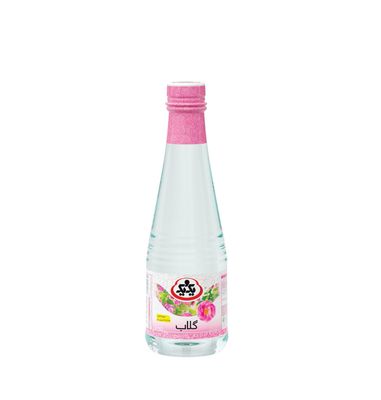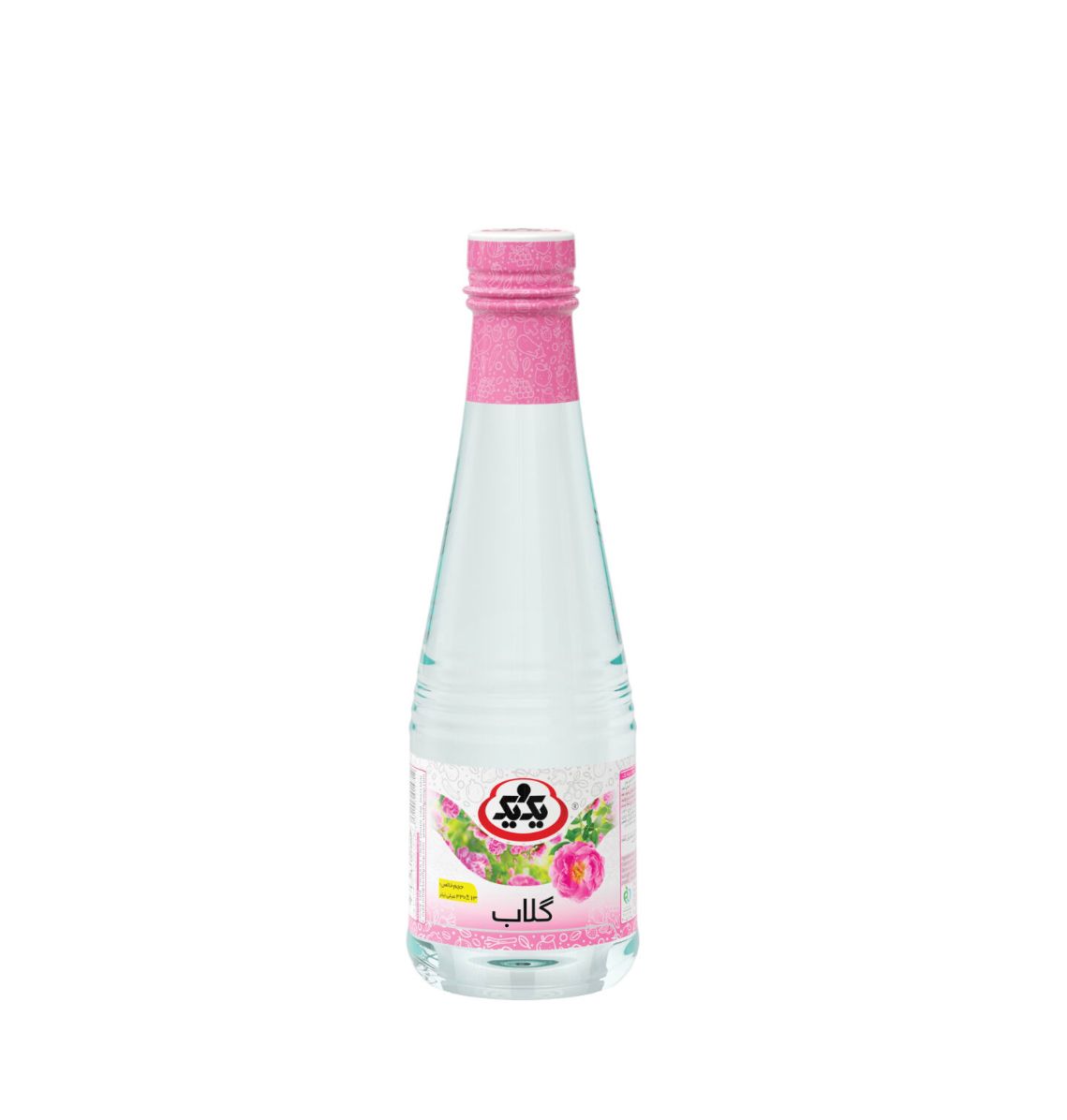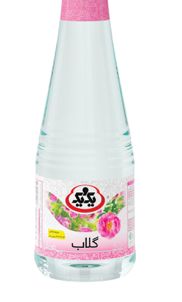ROSE DISTILLATE
Rose Distillate
Rose water, also known as rose distillate, is a fragrant liquid made by distilling rose petals with steam. It has been used for centuries in various cultures for its culinary, cosmetic, medicinal, and spiritual applications. Here’s an overview of its properties and uses:
Production
Rose water is typically produced by steam distillation of rose petals, most commonly from the Damask rose (Rosa damascena) or other aromatic rose species. The process extracts the water-soluble compounds, creating a hydrosol, which carries the rose’s essence and aroma.
Culinary Uses
• Middle Eastern Cuisine: Rose water is a key ingredient in desserts like baklava, Turkish delight, and gulab jamun.
• Beverages: Added to tea, milk, or cocktails for flavor and aroma.
• Desserts and Baking: Enhances the taste of cakes, cookies, and custards.
• Condiments: Used in syrups, jams, and marinades.
Cosmetic Uses
Rose water is renowned for its skincare benefits:
• Toner: Acts as a natural astringent, helping to tighten pores and balance skin pH.
• Soothing Agent: Reduces redness, irritation, and inflammation.
• Hydration: Provides a refreshing mist for dry or tired skin.
• Hair Care: Can be used as a scalp toner or hair perfume.
Medicinal Benefits
Rose water has traditional uses in holistic medicine:
• Antioxidant Properties: Contains compounds that fight free radicals, supporting skin and overall health.
• Anti-inflammatory: Helps reduce skin irritation, puffiness, and even eye redness.
• Digestive Aid: Sometimes used in herbal remedies for digestive issues.
• Relaxation: Its aroma is believed to have a calming effect, often used in aromatherapy.
Spiritual and Cultural Significance
• Used in religious ceremonies, including Islamic, Hindu, and Christian rituals.
• Incorporated in traditional Persian, Indian, and Middle Eastern healing practices.
• Symbolizes purity and love in various cultures.
Types of Rose Water
. Pure Rose Water: Made only from rose petals and water via distillation.
. Infused Rose Water: Made by soaking rose petals in water (less potent).
. Synthetic Rose Water: Contains artificial rose fragrance, not recommended for therapeutic use.
Storage
To retain its properties, rose water should be stored in a cool, dark place, preferably in a glass bottle. Refrigeration extends its shelf life.
Popular Regions for Rose Water Production
. Kashan: Known for its high-quality Damask rose water.
• Turkey: Famous for its rose water from Isparta roses.
• India: Produces rose water for culinary and cosmetic purposes.
• Bulgaria: Renowned for its rose oil and water from the Kazanlak Valley.
Rose water’s versatility and gentle nature make it a beloved product worldwide, used in everything from gourmet dishes to luxurious skincare rituals.



